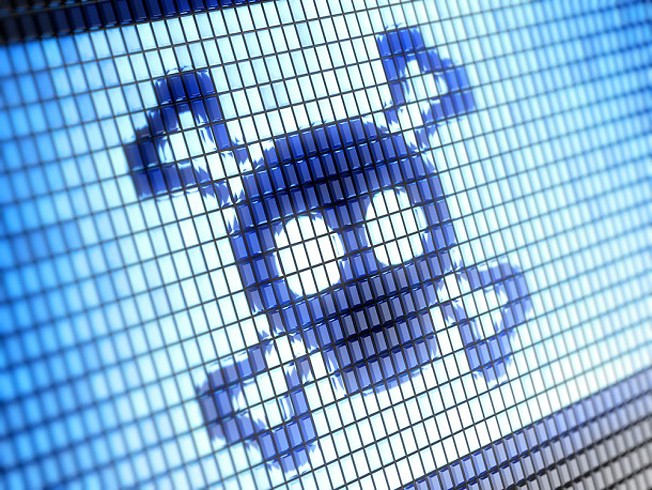COVID-19 has, by a long margin, been one of the biggest health disasters in the history of mankind. And as dangerous as the healthcare crisis surrounding the pandemic is, it is only one of the many dangers facing the world right now. Since the pandemic has stuck in this day and age when humanity is connected and dependent on data, it opens up all of us on the web, to dangers of hacking even more.
And that is exactly what the Indian Government is suspecting. The central Government speculates that mass phishing attacks might start today, using COVID 19 as a bait.
The hackers, who the government says have over 2 million individual e-mail IDs, will lure people in by the promise of “Free COVID 19 testing”. India, despite having conducted the fourth largest number of tests globally, still needs to do more. This has thus left many people in the dark about their ‘corona status’. Government says that these hackers will send emails with the subject : “Free COVID-19 testing for all residents of Delhi, Mumbai, Hyderabad, Chennai and Ahmedabad,” in an attempt to scavenge sensitive information from users.
Therefore, chances are that many people might fall for the trap being set up by these hackers, putting their personal accounts and information under jeopardy.
Phishing is a hacking technique, where a hacker creates a link that he/she controls. This link is made to look like an actual webpage, tricking people into filling out their personal information. The hackers, who have access to these fabricated webpages, gain access to the information that has been filled out, and can use it to build up a profile on you, take control of your social accounts and lots more.
Thus, the government is advising people to refrain from opening unsolicited emails, attachments, and sharing private information. The government also suspects that these hacker groups can pose as government agencies, misleading people into a false sense of security. Thus, if anyone receives any suspicious email from a government agency, it’s advised to check its credentials.
Indian Computer Emergency Response Team (CERT-IN) issued a set of guidelines to protect your data, including not opening unsolicited emails even from people in your contact list. Moreover, the agency has asked users to encrypt and protect their sensitive documents and use anti virus tools and firewalls.
The Tech Portal is published by Blue Box Media Private Limited. Our investors have no influence over our reporting. Read our full Ownership and Funding Disclosure →






